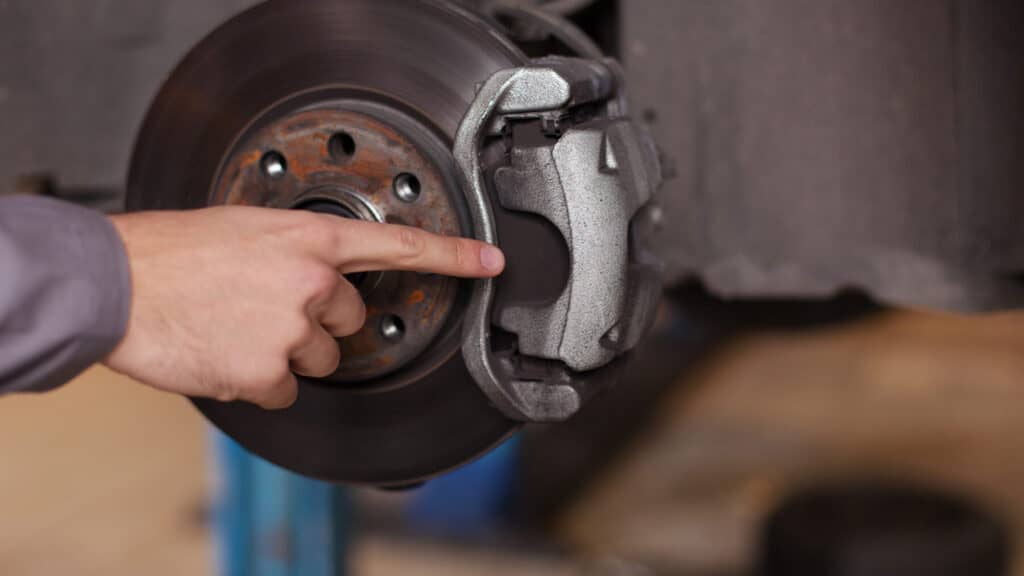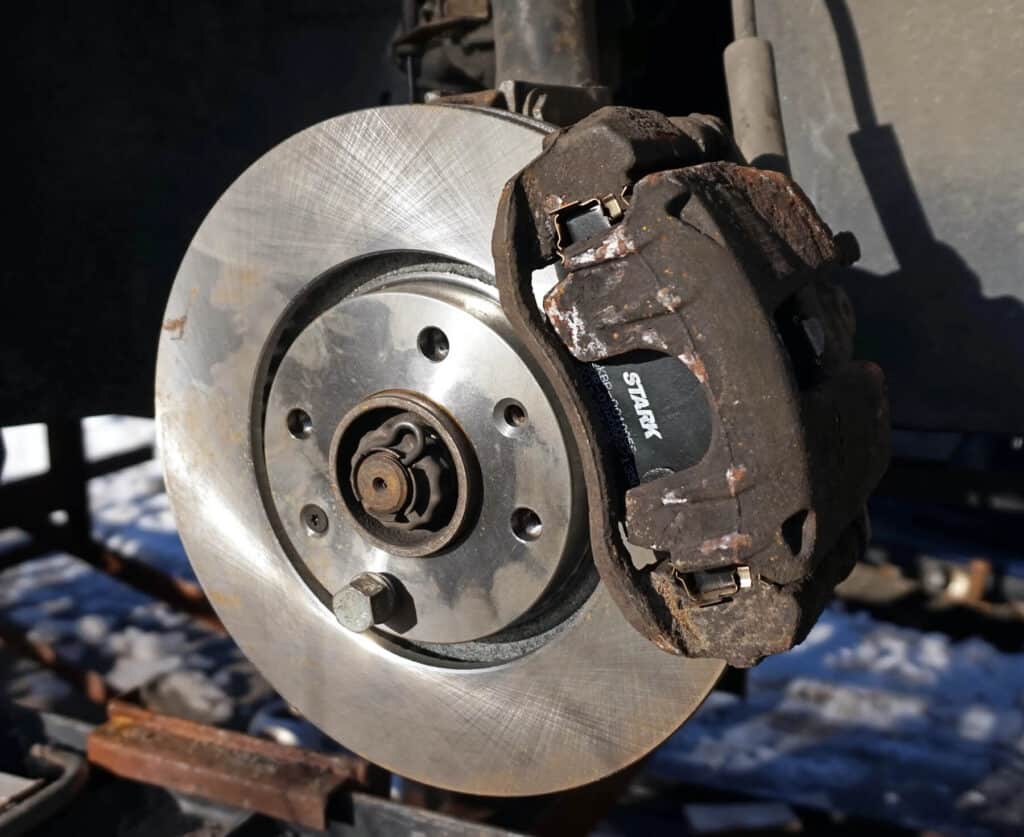How Brake Calipers Impact Your Vehicle’s Performance
Brake calipers play a crucial role in your vehicle’s braking system. They work by squeezing the brake pads against the rotors to slow or stop your car. Poorly maintained brake calipers can reduce the effectiveness of your braking system, leading to longer stopping distances and potentially dangerous driving conditions. A well-maintained brake caliper not only enhances your vehicle’s safety but also its overall performance, providing smooth and responsive braking when you need it most.
The Cost of Neglect: Potential Expenses from Poorly Maintained Brake Calipers
Neglecting the maintenance of your brake calipers can lead to a wide range of issues, each bringing along its own set of potential expenses. For instance, one of the common problems associated with poorly maintained calipers is sticking, which can cause uneven and premature wear of brake pads. This can necessitate frequent replacements of brake pads, which, over time, can add up to a significant cost.
In addition, a brake caliper that’s leaking is a major concern. Leaks can lead to a loss of brake fluid, which can dramatically impact the effectiveness of your braking system. Left unchecked, this could potentially lead to a total brake failure, which is not only a significant safety risk, but also a substantial financial burden, as the repair or replacement of an entire brake system can be quite costly.

Moreover, if a brake caliper fails, it can cause damage to other components of the braking system. For instance, a malfunctioning caliper can cause excessive wear on the brake rotors. This can result in the rotors needing to be resurfaced or replaced entirely, both of which are considerably more expensive procedures compared to regular brake caliper maintenance.
Preventive Measures: Routine Maintenance Tips for Brake Calipers
Consistent and preventive maintenance of brake calipers is a necessary step towards mitigating potential issues that can result from neglect. This maintenance typically encompasses regular visual inspections, a crucial process that can help identify early signs of wear, damage, or any changes that might cause trouble in the future. This could include spotting leaks, which might signify a problem with the brake fluid system, or identifying visible signs of corrosion, which can deteriorate the calipers over time.
Moreover, routine cleaning of calipers is equally as important, as it helps to eliminate the accumulation of dirt, dust, and rust. These elements, if ignored, can cause the calipers to stick or even seize, severely affecting the vehicle’s braking performance. Furthermore, the regular checking and replacement of brake fluid is paramount. The brake fluid ensures that the calipers and the entire brake system are properly lubricated and functioning optimally. Without appropriate lubrication, the risk of caliper and overall brake system failure significantly increases. Therefore, observing these preventive measures can lead to longer-lasting and safer brake calipers.
Spotting the Signs: Early Warning Indicators of Brake Caliper Issues
Being able to detect early warning signs of brake caliper issues is a crucial factor in saving you from more substantial and costlier repairs later. A common symptom to look out for is your vehicle pulling to one side when you apply the brakes. This could indicate a problem with the brake calipers, specifically, it might mean that one caliper is applying more or less pressure than the other.
Another sign that might suggest brake caliper trouble is uneven wear on your brake pads. If one pad is worn down more than the others, it could suggest that a caliper is not releasing properly after braking. This irregular wear can lead to reduced braking performance and, in the worst-case scenario, brake failure.
Visible leaks of brake fluid are also a clear warning sign of brake caliper issues. Brake fluid is crucial for the proper functioning of the calipers, and a leak can result in reduced brake performance. Such a leak requires immediate attention and repair to prevent further brake system damage.
Finally, a sensation of the vehicle ‘dragging’ when you’re driving could suggest a caliper is sticking. A sticking caliper can cause unnecessary wear on your brake pads and significantly reduce your vehicle’s fuel efficiency. If you experience this issue, immediate inspection and repair are necessary to prevent further complications.
DIY vs. Professional Care: Balancing Cost and Quality in Brake Caliper Maintenance
When it comes to brake caliper maintenance, it’s essential to find the right balance between what you can do yourself and when it’s best to call in a professional. Some tasks, such as routine cleaning and visual inspections, are relatively simple and can be performed at home. Regularly undertaking these tasks can help in early detection of potential problems and may save you from more expensive repairs down the line.

However, when it comes to diagnosing and fixing more complex problems, the knowledge and skills of a professional mechanic become indispensable. A trained mechanic has the expertise to correctly identify and address issues that may not be apparent to an untrained eye. They can ensure that any necessary repair work is done correctly and safely, thereby preventing further issues.
It’s important to note, however, that professional services come with a cost. While it might be tempting to avoid these costs by attempting all maintenance tasks yourself, this could potentially result in higher costs down the line if errors are made or problems are missed. Therefore, it’s crucial to balance the cost and quality of maintenance, ensuring that your brake calipers receive the necessary care to function optimally without unduly straining your budget.
Long-Term Savings: How Regular Brake Caliper Maintenance Reduces Overall Vehicle Expenses
Regular maintenance of your brake calipers not only ensures the safety and performance of your vehicle but also saves you money in the long run. By preventing premature wear and tear and spotting potential problems early, you can avoid costly repairs or replacements. Additionally, well-maintained brake calipers can contribute to better fuel efficiency, saving you money at the gas pump.
Conclusion
Maintaining your brake calipers is an investment in your vehicle’s safety, performance, and longevity. While it may seem like an added expense, regular maintenance can save you significant money in the long run. By understanding the role of brake calipers, taking preventive measures, spotting early warning signs, and balancing DIY and professional care, you can keep your brake calipers—and your vehicle—in top shape.
